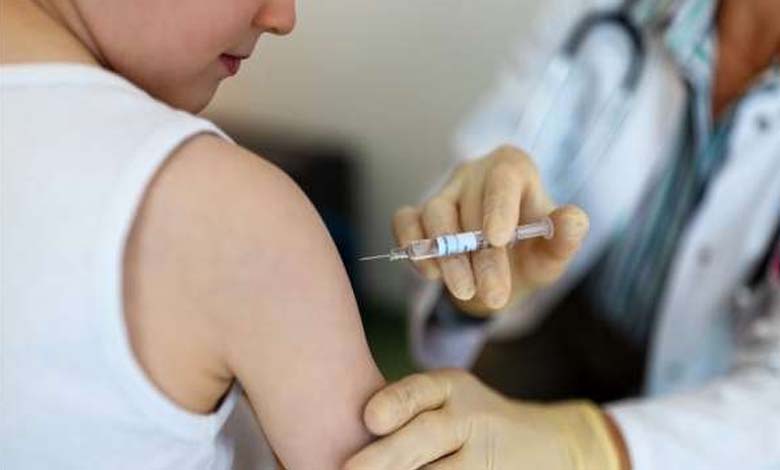Study Reveals the Role of Megakaryocytes in Enhancing Vaccine Effectiveness

The reasons behind the varying effectiveness of vaccines remain a mystery. Some vaccines, like the flu vaccine, require annual doses, while others, such as the measles vaccine, provide lifelong protection.
-
Health/Covid-19: New vaccines in perspective
-
Omicron: Faced with the subvariants of Omicron, the laboratories draw out the bivalent vaccines
According to a report published on “Health Day,” a recent study has highlighted the crucial role of megakaryocytes, a type of blood cell typically associated with clotting, in determining the duration of the immune response triggered by a vaccine.
Led by Professor Bali Pulendran from Stanford University, the study identified a molecular signature in the blood that appears after vaccination and is linked to the longevity of immunity. Pulendran explained that these findings could enable the development of tests to predict when booster doses are needed, facilitating the creation of personalized vaccination schedules.
-
Two Die in Japan after Shots from Suspended Moderna Vaccines
-
The South African COVID-19 strain caused worries about the efficacy of the new vaccines
During the study, researchers monitored 50 individuals who received an experimental H5N1 bird flu vaccine. Analyses revealed that platelets, produced by megakaryocytes, carry genetic information that supports prolonged antibody production.
Additional experiments conducted on mice using a substance called “thrombopoietin,” which stimulates megakaryocyte activity, showed a sixfold increase in antibody levels.
-
Experts Urge China for “Transparency” to Prevent another COVID-19 Scenario
-
Canada Detects First Case of Monkeypox Subvariant 1
Analysis of data from 250 individuals who received various vaccines confirmed the presence of the same genetic signature that enhances antibody responses across different types of vaccines, including flu and COVID-19 vaccines.
The researchers plan to investigate how certain vaccines boost megakaryocyte activity to improve the design of future vaccines. The team is also working on developing simple tests to measure gene expression immediately after vaccination, paving the way for more effective and precise vaccination strategies.












